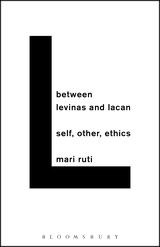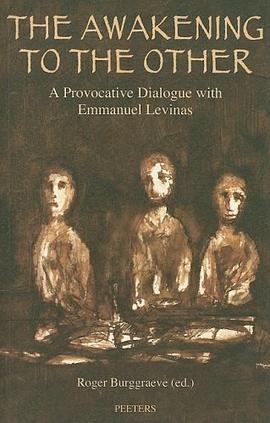

Combining elements from Heidegger's philosophy of "being-in-the-world" and the tradition of Jewish theology, Levinas has evolved a new type of ethics based on a concept of "the Other" in two different but complementary aspects. He describes his encounters with those philosophers and literary authors (most of them his contemporaries) whose writings have most significantly contributed to the construction of his own philosophy of "Otherness": Agnon, Buber, Celan, Delhomme, Derrida, Jabes, Kierkegaard, Lacroix, Laporte, Picard, Proust, Van Breda, Wahl, and, most notably, Blanchot. At the same time, Levinas's own texts are inscriptions and documents of those encounters with "Others" around which his philosophy is turning. Thus the texts simultaneously convey an immediate experience of how his intellectual position emerged and how it is put into practice. A third potential function of the book is that it unfolds the network of references and persons in philosophical debates since Kierkegaard.
具体描述
读后感
评分
评分
评分
评分
用户评价
相关图书
本站所有内容均为互联网搜索引擎提供的公开搜索信息,本站不存储任何数据与内容,任何内容与数据均与本站无关,如有需要请联系相关搜索引擎包括但不限于百度,google,bing,sogou 等
© 2025 book.wenda123.org All Rights Reserved. 图书目录大全 版权所有




















